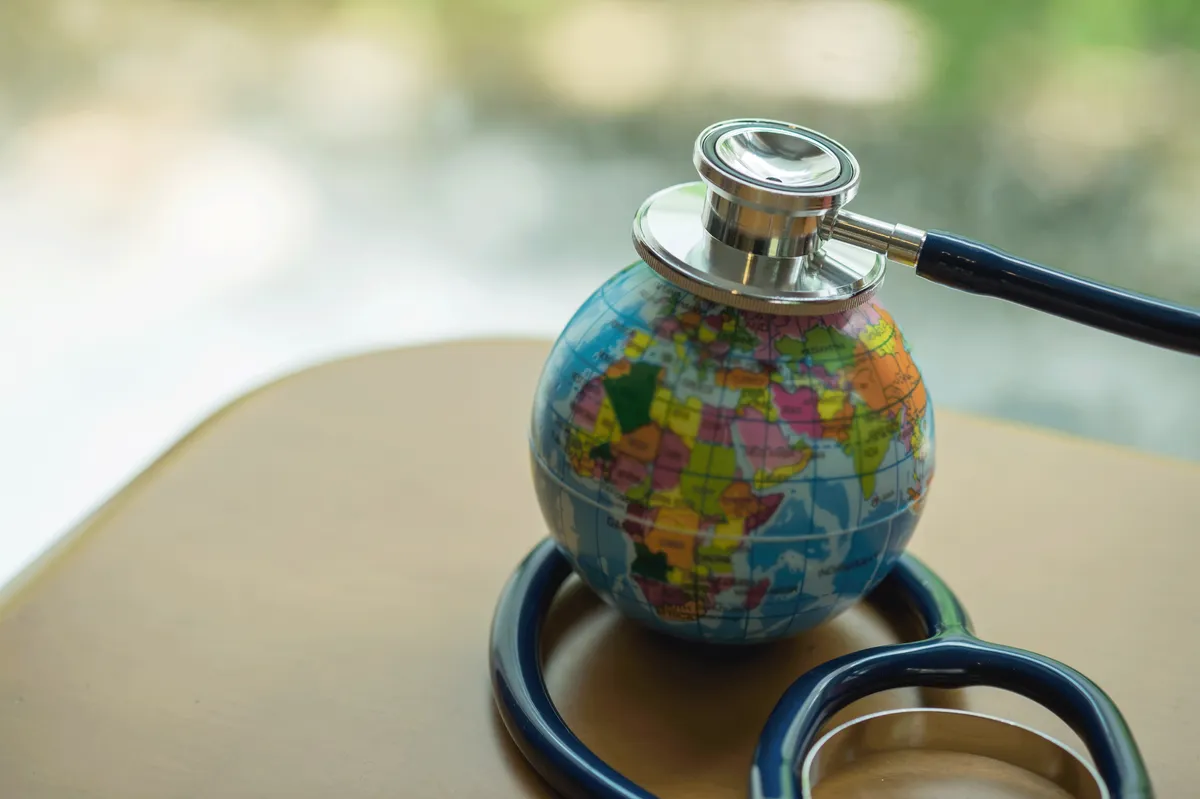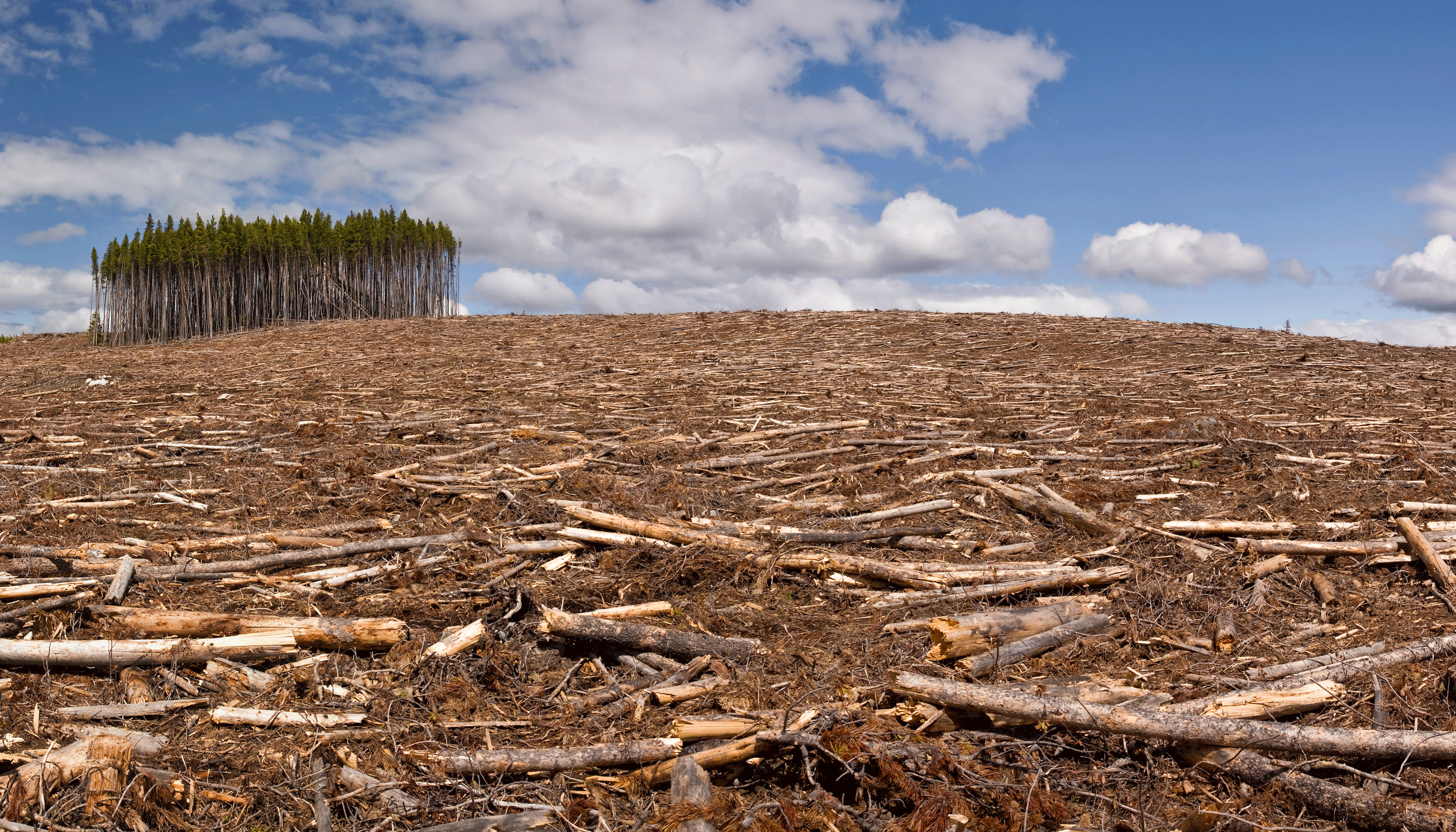You see that slice of rock a different colour to the layer beneath it containing a lot of nitrogen and fossilised cattle bone? That’s us, that is. The boundary layer of the Anthropocene.
Millions of years from now, our dazzling buildings, beautiful Picasso paintings, Fabergé eggs, plastic bottles and penchant for burgers will be compacted into sandstones, mudstones, limestones and nothing more. So if you think achieving your lifetime goals is important, get your head around geological time and think again.
Ah, it’s just like the dinosaurs isn’t it? Kicking around the planet for 150 million years before meeting a mass-extinction sticky end? Homo sapiens: kicking off industrialisation 150 years before meeting a mass-extinction sticky end. Entirely of its own making. So not a bit like dinosaurs.

At the beginning of this summer, the UN released its Global Assessment on nature. It was three years in the making and drew on 15,000 reference materials. It wasn’t especially pretty, with highlights including 100 million hectares of tropical forest lost to cattle and palm oil in just 20 years; only 13% of wetlands left from the levels of 1700, and urban areas have doubled since Boyz II Men’s End of The Road hit the charts. Plastic pollution has increased tenfold since 1980, and every single year we dump 300–400 million tons of heavy metals, solvents and toxic sludge into the waters of the world.
It’s not just the destruction, it’s the speed that has never been seen before. The rate of extinction today is hundreds of times faster than the background rate – in just a few decades, a million species will be gone.
But let’s do the obligatory hand-wringing and the pretence of asking, sheepishly, how this possibly could have happened. There’s the booming, ravenous population that has doubled since 1970 with colossal demands for food and specifically, the growing desire for meat and fish. A third of fish stocks are now taken at unsustainable levels and – hear this loud and clear – 70% of agriculture is related to meat production.

What is the price of ‘progress’?
A huge increase in farming has been at the expense of pristine forests. There’s also a global economy that has grown fourfold and a volume of international trade that has increased tenfold since 1970.
The authors of the report encourage ‘transformative change’ if we are to avoid ecological disaster – shifting the paradigm away from Gross Domestic Product (GDP) as the gold standard of progress; ending subsidies on fossil fuels and industrial farming, and placing half the earth under strict protections. But it’s the softer recommendations to us as individuals, gently nudging us to the polling booth and to ‘healthier plates’ that worries me. Because deep down, none of us honestly feels like it’s our fault, especially when it’s much easier to make governments accountable than our own willpower.
I believe it’s nearly over. And not because we woke up to the problems too late but because we simply cannot bring ourselves to do the right thing. When there are jumpers for sale with a £4 price tag that’s devoid of information about the planetary plunder it took to create it or the cost of a child in labour and not in school, we cannot help buying it and, at a price like that, barely notice putting it in landfill soon after.
When bacon rolls for breakfast are £2.50, chicken salads for lunch are £3 and minced beef lasagne for supper is £3.50, our species will take the easy prey over future starvation every time. And when we feel wretched about 100-acre warehouses sending out single items in vans on minimum-wage midnight-missions, we like that getting our stuff is easier than it ever was for previous generations.
We are inherently capitalist creatures, hardwired to excess in case of a barren future. It has been the making and the breaking of us. A flash on the geological record.

